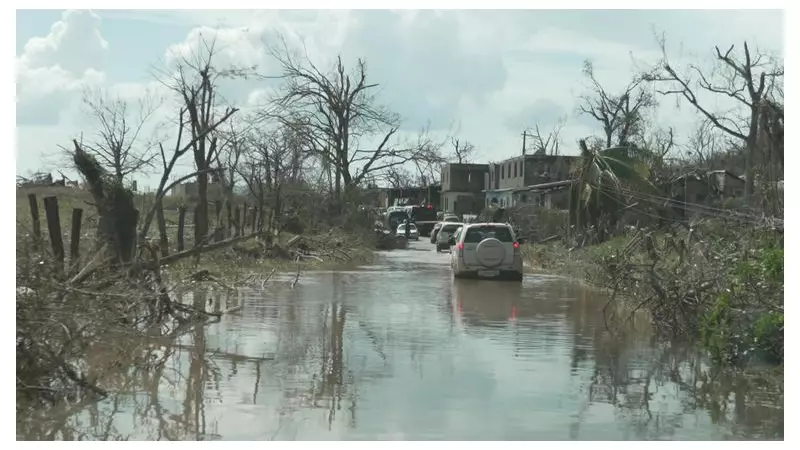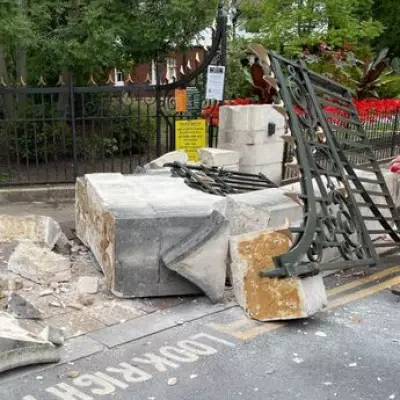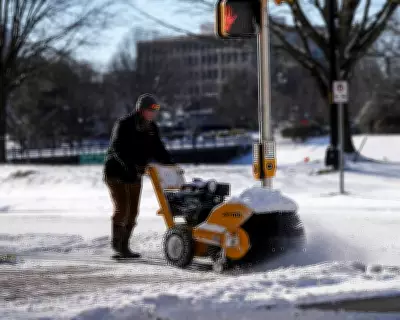
In the bleak aftermath of Hurricane Melissa's destructive path, entire communities remain cut off from civilisation, living in conditions described as "post-apocalyptic" by desperate residents.
"We have been completely forgotten here," reports one resident from a coastal village that has seen no aid deliveries in over a week. "No food deliveries, no clean water, no medical supplies. It feels like we've been thrown back into the wilderness."
A Landscape of Destruction
The hurricane's fury has left once-thriving communities in tatters. Homes stand with roofs torn away, roads have been washed out by floodwaters, and the infrastructure that connected these areas to the outside world lies in ruins.
Emergency services continue to battle impassable routes and damaged communication networks, creating a perfect storm of isolation for those caught in the disaster zone.
The Human Cost
Elderly residents unable to evacuate now face dire circumstances, with many running out of essential medications. Families with young children report rationing the last of their food supplies, uncertain when help might arrive.
"We're living day to day, not knowing if tomorrow will bring rescue or more desperation," shared a mother of three from one of the hardest-hit areas. "The silence from authorities is deafening."
Relief Efforts Stretched Thin
While major population centres have seen coordinated response teams, the remote nature of many coastal communities has complicated rescue operations. Emergency coordinators acknowledge the challenges but promise that reaching every affected person remains their top priority.
Volunteer organisations have begun organising their own relief convoys, attempting to bridge the gaps where official channels have yet to penetrate.
The ongoing crisis raises urgent questions about disaster preparedness for isolated communities and whether current emergency protocols adequately address the needs of those living in Britain's most vulnerable regions.





